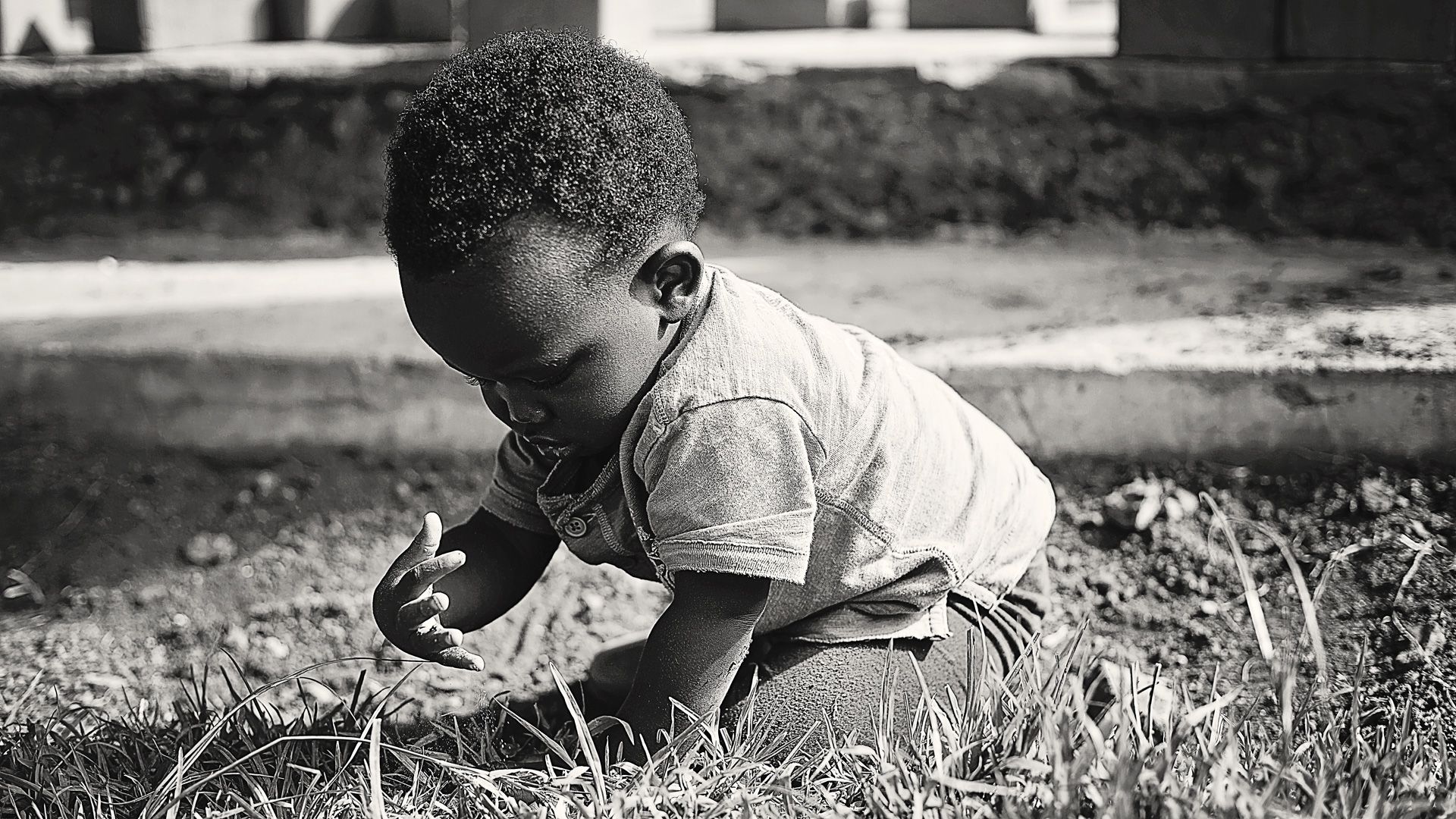It is telling the pea that lies in Chimamanda’s mattresses. Plainly so. The pea is about girls and women in Nigeria and in America. It is about Igbo, ke kwanu? It is about cassava rice and papaya wine. It is about lost femininity and the forgotten woman.
I am ten pages into her first novel, The Purple Hibiscus (2003), and this part of the book – Breaking Gods. Palm Sunday – already reads like the first story of her short stories collection ’The Thing Around Your Neck’. The similarities are stark and tedious: Peugeot 504, a girl (Kambili Achike) with a brother, mother and father. The story is narrated as seen through the eyes of Kambili growing up in Nigeria during the coup; finding identity and her place in society.
The bland similarities notwithstanding, she continues to weave the tapestry of her stories with a flare and panache that confirms what (the late) Chinua Achebe said about her: “…here is a [new] writer endowed with the gift of ancient storytellers”. Her story telling remains as easy as birdsong, her uncomplicated sense of humor is unmatched and the imagery is arresting.
Her new book – Americanah – was published in the UK in May 2013. Kwani? Trust shall publish the book in Kenya later this year. I made every effort not to read the reviews or excerpts about the book but it was futile trying to stay away or even avoiding them anywhere the name Chimamanda was mentioned. So I read the one in The Sunday Times Magazine, written by Francine Prose. Off the top of your head, guess what centers the book’s theme? You are right: a Nigerian woman, Ifemelu, in America. Her lover, Obinze, is in Britian. “Both contend with a somewhat different approach to the questions of race, nationality and social class. Ifemelu is a sharp observer, with a gift for identifying and capturing those aspects of culture that seem entirely normal to Africans and Americans – and odd to those who come from elsewhere…. Ifemelu becomes the author of an anonymous blog on various observations about Americans blacks”.
I shall come off as pessimistic but I am already sorely disappointed about the book. I hate to say this, but this novel Americanah may just be the last I ever read of Chimamanda.
Chimamanda is a feminist. And feminism is the awful burden that she thrusts on the shoulders of her lead characters; a common denominator in all her novels. Maybe it is the neurosis from which she writes, or maybe the responsibility to shout it from the rooftops is a decision she swore upon. Maybe. Or maybe it is me; maybe I have outgrown her work’s traction or maybe the theme is beginning to pall on me. Maybe.
But I shall give her another chance. I shall buy the book. I shall attend the conversation or creative writing workshop that Kwani? shall put together. And I shall carry the book with me so she can sign it. And when I get a chance to shake her hand and look into those gorgeous large eyes (I have made you queasy back there, aye?), I shall ask her the question that has plagued my mind for a long time now: what are you all about Chimamanda?
1







Flo,perharps you wood have had a better post if you had first finished reading Purple Hibiscus and also read Americanah.Maybe then you would not just have seen the similarities in her stories,but the simple way she makes ordinary stories beautiful – i suspect its because she writes from familar scenes in and consequently,brings emotional honesty into her stories. I think she is a brillant author – not withstanding the familar scenes of Nigeria in almost all her stories.But then again,different strokes for different folks.
Oh wow she must be so terrible! Terrible enough to win all those awards and not only that but is also a celebrated female author. Take the advice of the first commenter Tracy finish both books before you go making comparisons. A review should be of the book from start to finish not the first ten pages
Well, it has become quite a common practice for writers to pen a short story which they later use as the first or a chapter in a novel. NoViolet Bulawayo did it with her Caine Prize-winning “We Need New Names”; I think one or two of the shortlists this year have indicated that the short story is part of an upcoming novel.
Perhaps you may feel a certain dreary deja vu every time you read her work, but that is her niche. As a writer surely you must have one.
Fascinating, Ali.
But her short-stories collection came after the novel, and not the other way round.
What is your take on that?
Oh, my bad, I had assumed it was the other way round. Good critique then :-)
Dear Fra
100 pages into Americanah and I started to feel the same way. I have to agree with Juma Bahati Ali though, writers do build on their short stories turning them into novels. If you have read Ngugi wa Thiongo, then you will see this. It may be the case that ‘the thing around your neck’ was just published after the other two novels, but her short stories were written before.
Having said that, I had a long discussion about the exact same issue with my partner the other day, and one important thing came out of …for whom is this book written? who is the audience? I totally identify with Americannah, having lived (and still living) in two european countries.
But then again, you have a point in that really good writers will write about things they have not experienced and manage to draw a picture as if they themsleves were there. Aminata Forna does this in ‘the memory of love’….though to be fair, she is half sierra leonean.
Fra, after reading Americanah, I now see your point. I have mixed views about the book, but I think on the whole it comes off as feminist. Not that it’s a bad thing. In an interview she actually says that the book’s ending is meant to annoy, and it does. I’ve done a small review on my blog.
Nice. I am excited.
Let me read your review.